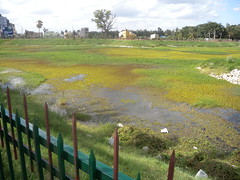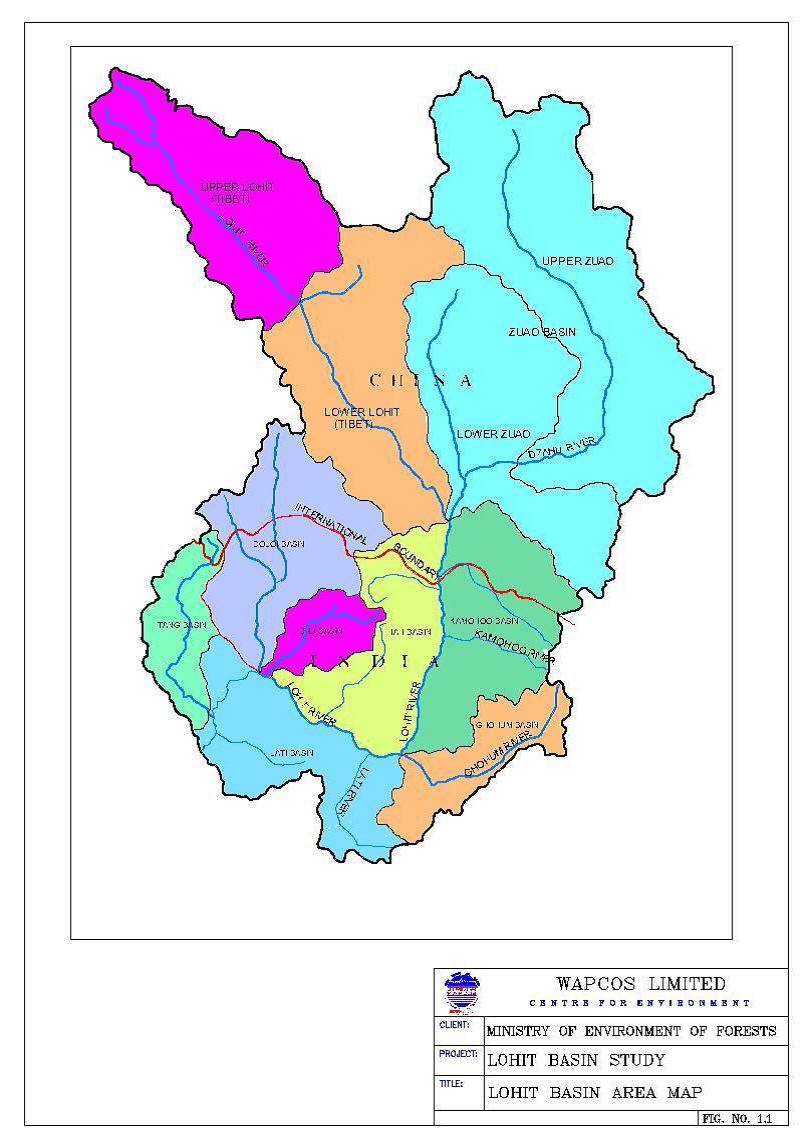News and Articles
People of Nuapada district in Odisha build a stop dam themselves - Roundup of audio updates from CGNet Swara (Sep 2011 to Feb 2012)
Posted on 03 Apr, 2012 02:57 PMPeople get together to build a stop dam themselves
The people of Khariar road town in Odisha have long requested a check dam across the river Jonk. Khuturam Sunani describes how they have now begun constructing it through shramadaan.
The what, why and how of environmental flows: Presentations made during an IUCN training programme in Kathmandu, 2011
Posted on 03 Apr, 2012 01:42 PM Bagmati River at Pashupatinath Temple, Kathmandu, Nepal (Photo: IUCN\Stefano Barchiesi)
Bagmati River at Pashupatinath Temple, Kathmandu, Nepal (Photo: IUCN\Stefano Barchiesi)
Supreme Court order in February 27, 2012 on the interlinking of rivers project A statement and an appeal by concerned citizens to think of all the implications
Posted on 29 Mar, 2012 06:37 PMThe full statement is as follows -
We, the signatories to this statement, wish to record our utmost concern at the Hon’ble Supreme Court’s judgment of 27 February 2012 on the Inter-Linking of Rivers Project (ILR), on the following grounds:
Corporatising water: India's draft National Water Policy - A document published by the Institute for Agriculture and Trade Policy
Posted on 21 Mar, 2012 12:17 PMThe document argues that the latest example of this is India’s Draft National Water Policy (NWP) circulated by the Ministry of Water Resources. At first glance, it appears as if the policy has been taking a holistic approach to water resources management, with a clear recognition of India’s water woes.
Thousands of students across India test groundwater for fluoride on March 22, 2012
Posted on 21 Mar, 2012 09:17 AMSoil endowments, production technologies and missing women in India - A World Bank working paper
Posted on 19 Mar, 2012 03:08 PMThe paper argues that in India, where 72 percent of the population is rural, there is a significant and important association between the geographical variation in exogenous soil texture and rural infant sex ratios. In agriculture, the depth of land and seedbed preparation are exogenously determined by the soil texture.
Impact report of watershed development programme in Ayyannapalem village of Guntur district in Andhra Pradesh
Posted on 19 Mar, 2012 11:59 AMAuthor : Kotikala Chandrasheakar
Name of the watershed: Ayyannapalem
Name of the Mandal: Bollapalli
District: Guntur
Maps, lakes and citizens: The use of surveys in lake conservation - An article in the Seminar magazine
Posted on 19 Mar, 2012 11:44 AMThis lake system is now decaying with lakes either taken over for urban uses, or choking due to neglect. ATREE and the Bruhat Bengaluru Mahanagara Palike (BBMP) have been engaged in attempting to understand how to restore these lakes for urban use, while maintaining their ecological importance. This article in Seminar describes this attempt.

Basin-level impact assessment study of the Lohit river - A study by WAPCOS & Ministry of Environment and Forests (2011)
Posted on 19 Mar, 2012 11:29 AM
Best meal of the day': Akshaya Patra's kitchen in Nathwara, Rajasthan is the newest of its high-technology ones across India
Posted on 19 Mar, 2012 10:23 AMArticle and Image Courtesy : One World South Asia
Author : Madhusmita Hazarika
